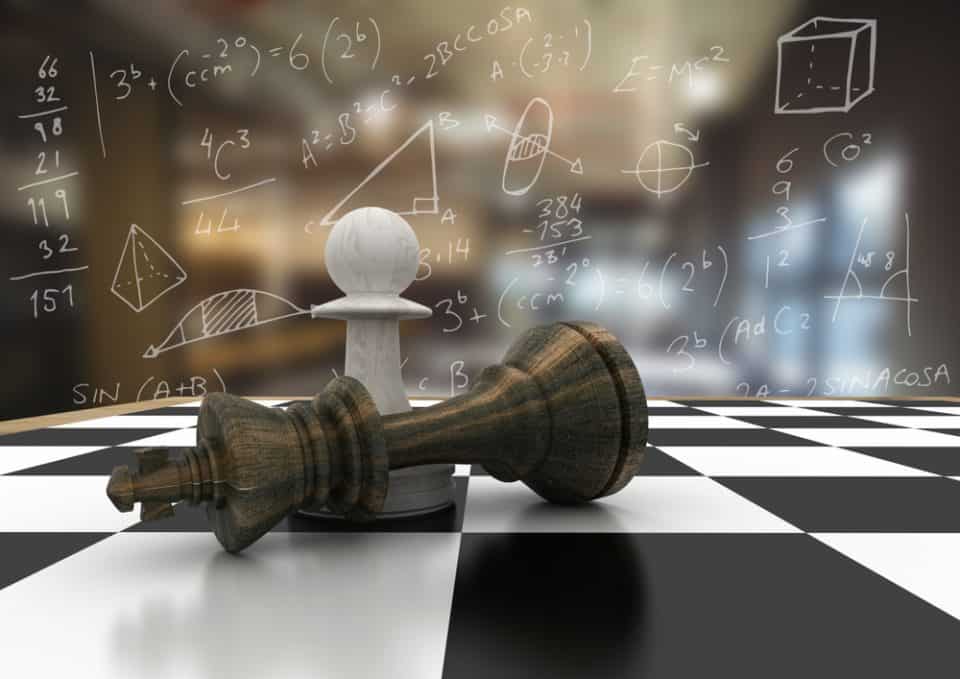Chess is not all about tactics and strategies and crushing your opponents.
You also need to learn how to follow proper chess etiquette and demonstrate good sportsmanship.
This is important when you play against friends and family, and much more important when you play in professional settings.
By doing this, you’ll not only show respect for your opponents and the game itself, but also create a positive and enjoyable environment for everyone involved.
Here are some dos and donts to observe when playing games:
Do Shake Hands Before and After the Game
When you sit down to play a game of chess, it’s customary to begin with a handshake. This simple gesture shows respect for your opponent and the game itself.
At the end of the game, regardless of the outcome, extend your hand once again to acknowledge your opponent’s efforts. Make eye contact, smile, and say “good game”.
This small act of sportsmanship helps foster a sense of camaraderie and mutual respect.
Don’t Bluntly Accuse Your Opponent of Cheating
Chess is a game of skill and strategy, and it’s important to maintain trust and fairness during play. Unless there is clear evidence of cheating, it’s best to assume that your opponent is playing fairly.
Accusing someone of cheating without valid reasons is not only rude, but it can also damage their reputation.
If you suspect that your opponent might be cheating and have strong reasons to back up your suspicion, inform the arbiter who’ll take necessary steps. Don’t confront your opponent yourself.
Maintain Silence
Maintaining a quiet and focused environment during a game of chess is a widely accepted etiquette rule.
Refrain from talking, sighing, or making noises that might disturb your opponent’s concentration. You should also avoid any actions that could potentially give away that you’ve spotted a great move that your opponent could make.
Respecting the concentration and thought process of your opponent is a sign of good sportsmanship and creates an atmosphere conducive to fair play.
Don’t Get Upset if You Lose
In chess, as in any competitive pursuit, winning and losing are inevitable. It’s important to remember that losing is part of the game and an opportunity for growth.
Instead of becoming upset or displaying negative emotions, strive to stay in control and be gracious in defeat.
Resist the urge to scatter the pieces, bang the table or grumble loudly. Be as professional as possible.
By maintaining a positive attitude, you show that needed maturity and class.
Do Ask Questions if You’re Unsure of a Rule
Chess has its own set of rules and regulations, and it’s natural to have questions as a beginner.
If you find yourself uncertain about a rule, don’t hesitate to ask for clarification. Seek guidance from a tournament director or a more experienced player who can provide you with the information you need.
It’s better to ask for clarification than to accidentally break a rule and disrupt the flow of the game.
Know How To Use a Clock
Playing in tournaments automatically means that you have to use chess clocks.
With this in mind, it’s important to familiarize yourself with the specific rules governing its usage.
Each player is allotted a certain amount of time to make their moves, and exceeding this time limit can have consequences, including losing the game.
To ensure fair play and good time management, it’s essential to make your moves within the designated time frame.
Don’t overreact when you run out of time and lose the game. Stuff like this happens from time to time so try to get used to it.
Know The Touch-Move Rule
The touch-move rule promotes fair play and prevents cheating or inadvertent interference.
Once you touch a piece, you are generally obligated to move that piece, unless the position does not allow that move.
Read more in our guide that explains the Touch Move Rule in Chess.
Offer and Accept Draws When There’s No Headway
In certain situations where neither player sees a clear path to victory, it is customary to propose a draw.
This is a way to acknowledge that the game has reached a position where both sides have relatively equal chances of winning or losing.
If you believe a draw is warranted, you can offer it to your opponent, who then has the choice to accept or decline. In some cases, a draw can also be declared if the same position occurs three times during the game
Comply With Tournament Rules
If you are participating in an official chess tournament, it’s essential to familiarize yourself with the specific rules and regulations set by the organizing body.
These rules may cover various aspects of the game, including the usage of chess clocks, recording moves, and other important guidelines.
By complying with tournament rules, you ensure fair play, maintain the integrity of the competition, and demonstrate respect for the organizers and fellow participants.







join the conversation